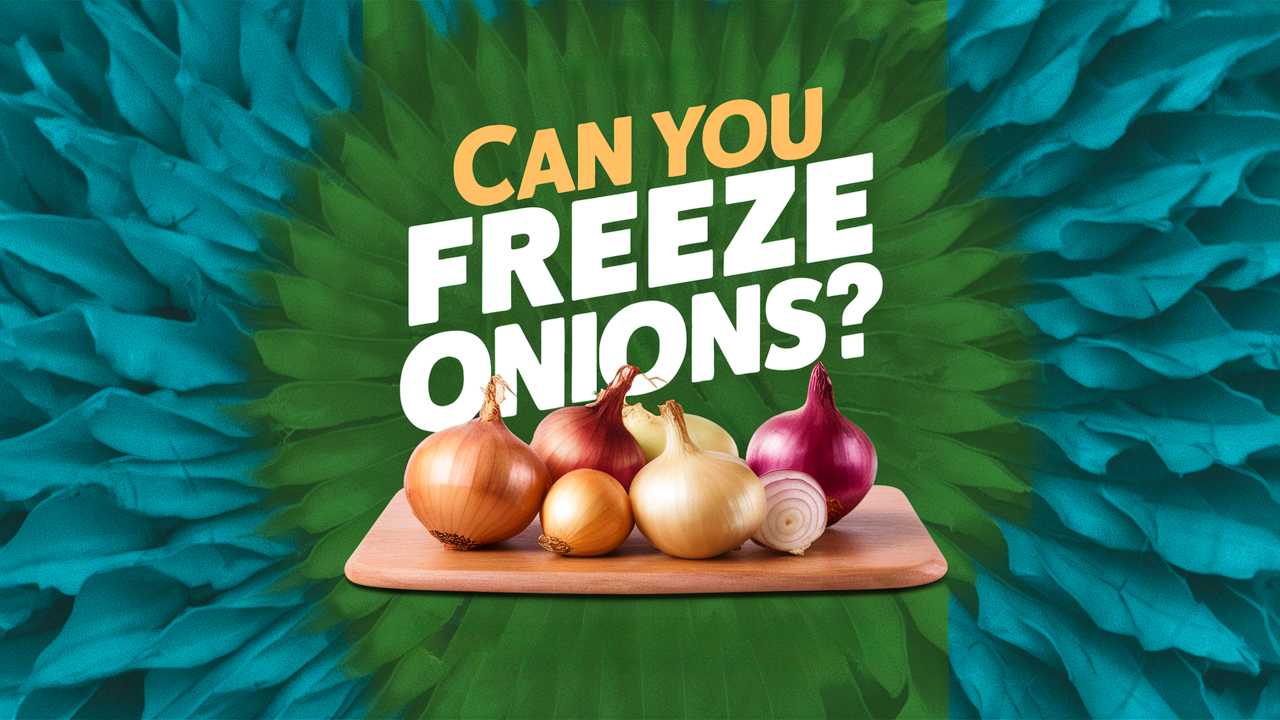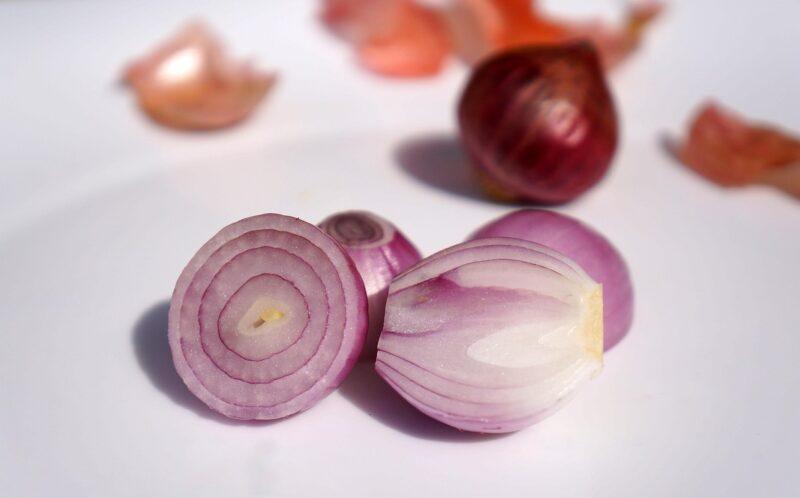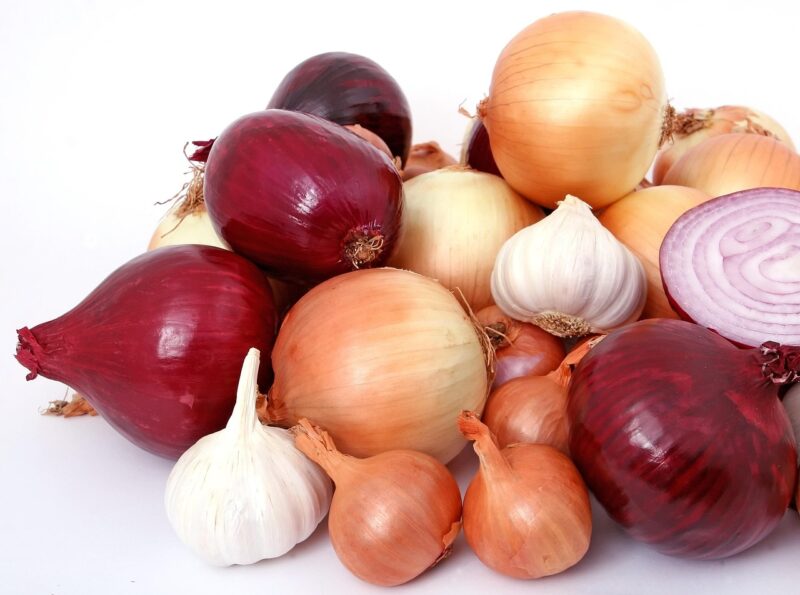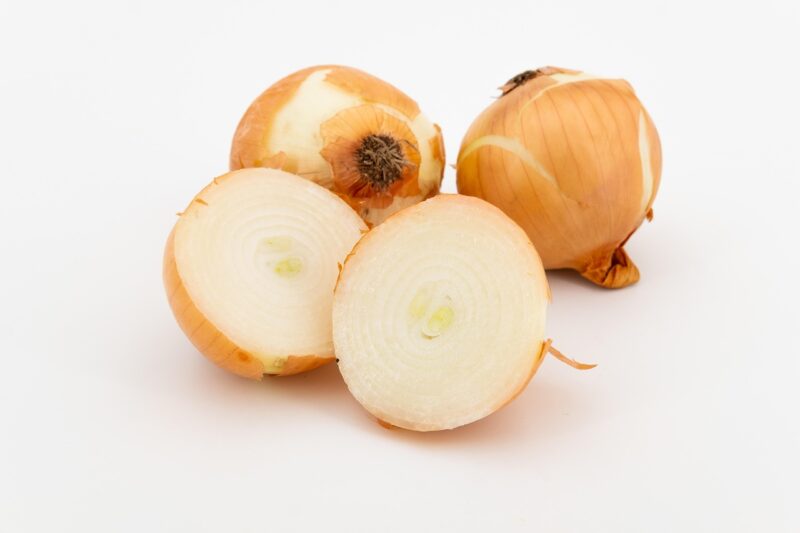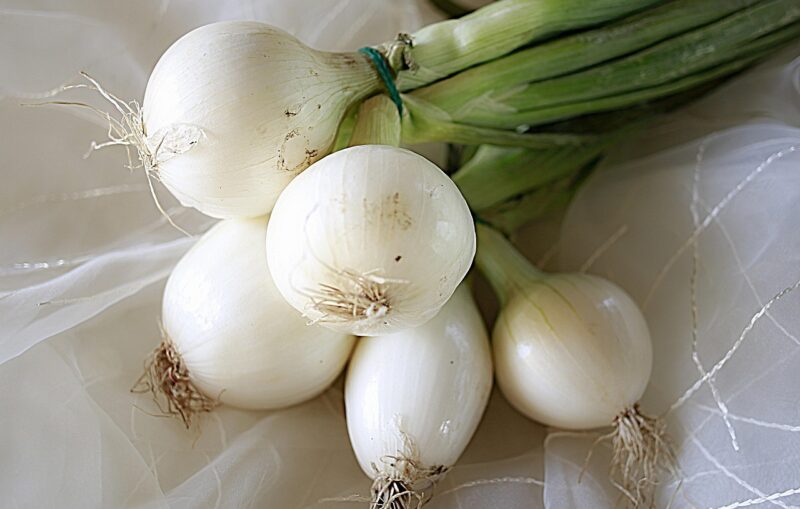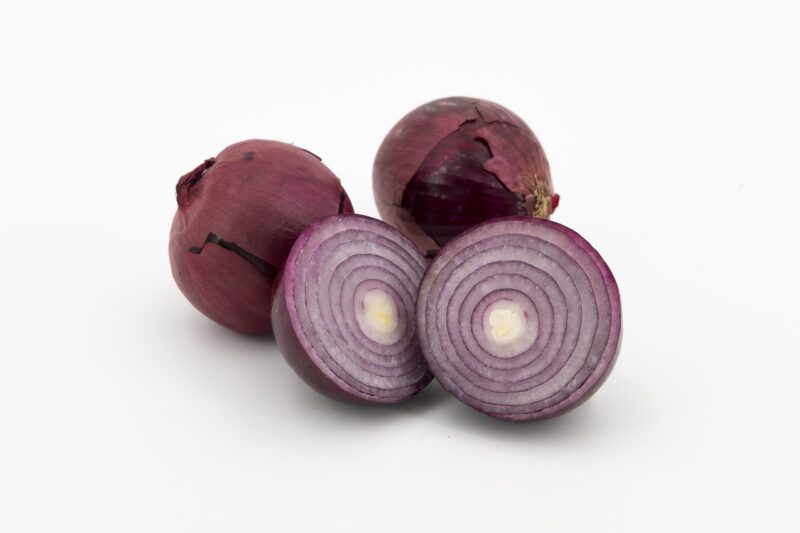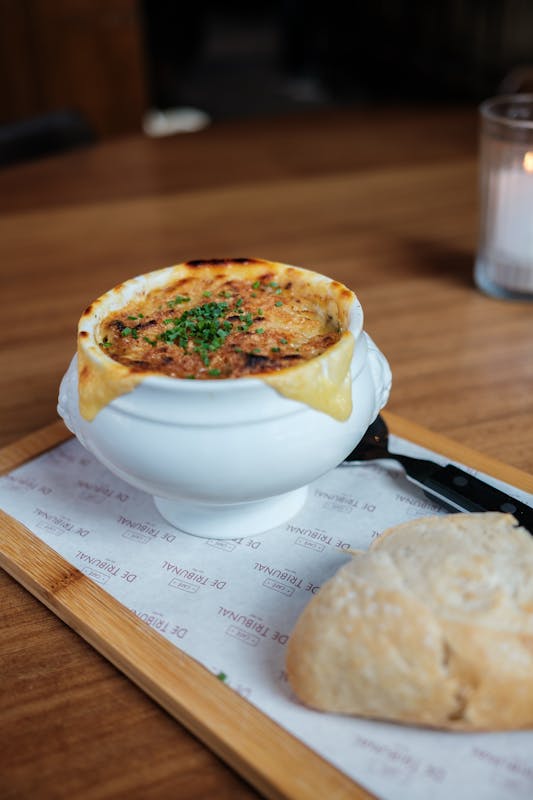When it comes to the staples of cooking, few ingredients are as indispensable as onions. Their ability to transform dishes with a touch of sweetness, tang, and umami makes them a beloved choice in kitchens around the world. Whether you’re sautéing them for a hearty stew or caramelizing them for a gourmet burger, onions add depth and character to our meals.
Yet, as home cooks, we often find ourselves grappling with food preservation, especially when it comes to fresh produce. So, can you freeze onions? Absolutely! In this comprehensive guide, we will explore the ins and outs of freezing onions, providing you with information, techniques, and tips to make the most of this versatile ingredient.
Understanding the Benefits of Freezing Onions
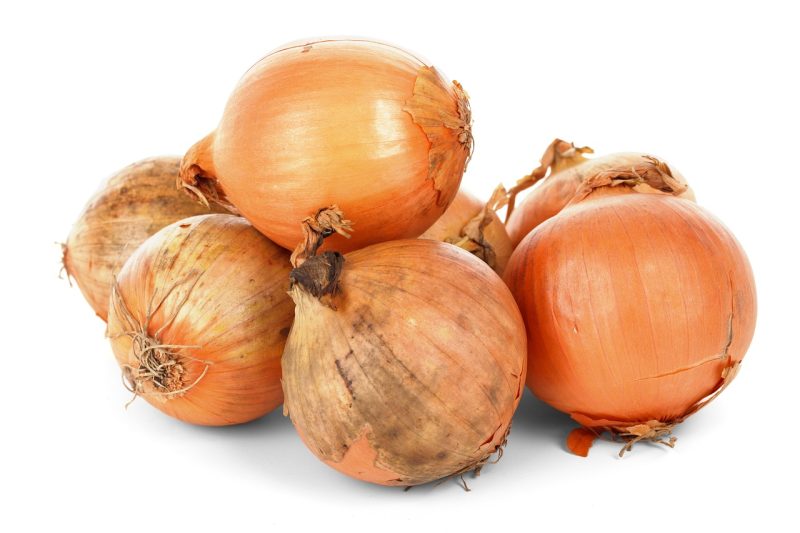
Before we explore the methods for freezing onions, it’s essential to understand the benefits of doing so. Freezing is a practical solution for reducing waste, saving time, and enhancing your cooking experience.
Extending Shelf Life: Fresh onions have a finite shelf life, typically lasting a few weeks to a couple of months depending on the variety and storage conditions. Freezing allows you to extend this period significantly, keeping them usable for many months.
Convenience: Life can be hectic, and having pre-chopped onions on hand can be a game changer. When you’re in a rush, reaching for frozen onions can cut down prep time considerably.
Flavor Retention: Freezing quickly locks in the flavors of onions, preserving their natural sweetness and aroma. When thawed, they may change texture slightly, but the flavor remains intact.
Nutritional Benefits: Freezing is an excellent way to preserve the nutritional value of onions. They remain a good source of vitamins C and B6, as well as dietary fiber, even after freezing.
Cost-Effectiveness: Purchasing onions in bulk and freezing what you don’t use is an economical strategy. No more wondering what to do with that bag of onions before they spoil!
How to Freeze Onions
After appreciating the benefits of freezing onions, let’s get to the practical side. Here’s a step-by-step guide on how to prepare and freeze onions effectively.
Step 1: Selecting and Preparing Your Onions
To start, select fresh and firm onions without any blemishes or soft spots. Yellow, white, and red onions all freeze well, so choose according to your culinary preferences.
Peeling: Remove the outer skin of your onions and discard any tough layers until you reach the pristine flesh.
Washing: Rinse the onions under cool water to remove any dirt or residue.
Step 2: Chopping
How you chop your onions makes a difference in their frozen form. Here are a few cutting styles you might consider:
Diced: Great for soups and stews.
Sliced: Perfect for stir-fries and salads.
Chopped: Versatile for most recipes.
Feel free to chop your onions in the way that fits your cooking style best!
Step 3: Blanching (Optional)
Blanching is a technique that involves briefly cooking the onions before freezing. While it’s not strictly necessary, it can help preserve color, flavor, and texture.
Blanching in Water: Bring a pot of salted water to a boil. Add the chopped onions and simmer for 2-3 minutes.
Ice Bath: Immediately transfer the onions to a bowl of ice water to stop the cooking process. After a few minutes, drain them thoroughly.
Step 4: Freezing
Now that your onions are prepped, it’s time to freeze them:
Flash Freezing: Spread the chopped (and blanched, if you chose to do so) onions in a single layer on a baking sheet. Place them in the freezer for 1-2 hours until they are solid.
Packaging: Transfer the frozen onions into airtight freezer bags or containers. Remove as much air as possible to prevent freezer burn.
Labeling: Don’t forget to label your bags with the date. This helps you keep track of how long they’ve been stored.
Storing: Place your packaged onions in the freezer, where they can last for 6-12 months.
Thawing and Cooking with Frozen Onions
Cooking with frozen onions is a breeze. You can add them directly from the freezer to soups, stews, and stir-fries. They don’t require thawing, allowing for a seamless cooking experience. However, if you need to thaw them, place the required amount in the refrigerator for a few hours or use the microwave for a quick thaw.
How Freezing Affects Onion Texture and Flavor
One of the questions many people have is how freezing impacts the texture of onions. While freezing is an excellent method for preserving flavor, it does affect the texture due to the formation of ice crystals within the cells.
Texture Changes
Softening: Upon thawing, you may notice that frozen onions have a softer texture. This is because cell walls break down during the freezing process. While they may not be ideal for fresh salads or garnishes, they work beautifully in cooked dishes where texture is less of an issue.
Caramelization: Despite texture changes, frozen onions can caramelize beautifully when cooked. They will absorb flavors and sweetness, adding depth to your dishes.
Flavor Retention
Natural Sweetness: Freezing preserves the natural sugars in onions, which enhances their flavor when cooked. This is particularly noticeable in recipes that call for sautéing or caramelizing.
Versatility: Frozen onions can serve as a flavorful base for a wide range of dishes, from soups and casseroles to sauces and stir-fries.
Different Varieties of Onions and Their Freezing Considerations
Onions come in various types, each bringing something unique to the table—literally! Each variety has its flavor profile and best cooking practices. Here’s a breakdown of how to freeze some of the most common onion varieties.
Yellow Onions
The workhorse of the onion world, yellow onions are known for their balanced flavor, making them great for sautéing and caramelizing. Their flavor intensifies when cooked, making them perfect for a myriad of recipes.
Freezing Tip: Chop and freeze as discussed. They maintain their flavor and texture well.
White Onions
With a sharper flavor and crisper texture than yellow onions, white onions are commonly used in salsas and fresh applications.
Freezing Tip: They can be chopped and frozen, but the sharper taste may become more pronounced when thawed.
Red Onions
Red onions offer a mild bite and are often used in salads and grilling. They can also add color and vibrancy to a dish.
Freezing Tip: They freeze well, but their vibrant color may fade slightly. Use them in cooked dishes post-thaw for best results.
Green Onions and Scallions
These are technically scallions, but they deserve a mention due to their popularity. Both the white and green parts are highly versatile.
Freezing Tip: Wash and chop, then freeze the white and green parts separately. They can be used directly from the freezer in stir-fries and garnishes.
Sweet Onions
Varieties like Vidalia or Walla Walla are known for their sweetness. They can add a unique flavor to dishes but may not hold up as well in the freezer.
Freezing Tip: While you can freeze sweet onions, they should be used more quickly, as their texture can degrade more significantly compared to other types.
Creative Ways to Use Frozen Onions
Frozen onions are not just a convenient option for cooking; they can be involved in a variety of dishes that elevate your meals. Here are 10 creative ways to incorporate them:
Soups and Stews: Add directly to broths for quick flavor enhancement.
Stir-Fries: Toss them in your preferred protein and veggies for an easy meal.
Casseroles: Mix into cheesy or creamy casseroles for added depth.
Salsas and Dips: Incorporate thawed frozen onions into salsa or guacamole for an unexpected twist.
Omelettes and Scrambled Eggs: Crack a few eggs and toss in frozen onions for a quick breakfast.
Sauces: Blend thawed onions into tomato sauce for an elevated flavor profile.
Pasta Dishes: Sauté them in olive oil and toss with your favorite pasta for a simplistic yet delicious meal.
Homemade Pizza: Add them as a topping along with your other favorites before baking.
Vegetable Patties: Mix them in veggie burgers or fritters for an extra layer of flavor.
Stuffed Peppers: Combine with rice or quinoa and spices for a hearty meal.
Frequently Asked Questions
1. Can I freeze cooked onions?
Yes, cooked onions freeze well! You can sauté or caramelize onions, let them cool, and freeze in portioned sizes. This makes it convenient when you want to add flavor to dishes quickly.
2. Do I need to blanch onions before freezing?
Blanching is not a strict requirement, but it can help maintain color and flavor. If you don’t have time, skipping this step is perfectly fine.
3. How long will frozen onions last?
Frozen onions can typically last 6-12 months in the freezer. Still, for the best flavor and quality, you’ll want to use them within the first six months.
4. Can I freeze onion skins?
While not common, onion skins can be frozen for use in homemade stocks or broths. They add flavor and color!
Conclusion
In the quest to make our cooking lives simpler and more efficient, freezing onions is a technique that certainly pays off. By preparing and freezing onions, you set yourself up for success in the kitchen, allowing you to enjoy this flavorful vegetable year-round. Whether you’re planning a cozy soup on a winter evening or a summer stir-fry, having frozen onions at your disposal can save time and enhance flavors effortlessly.


